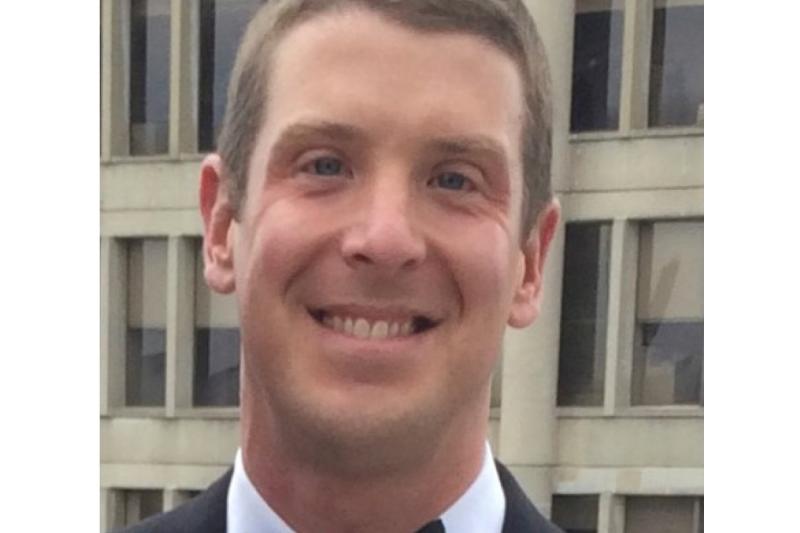
Michael Boyce, PhD, Associate Professor of Biochemistry, is embarking on a new area of research that looks at sugar’s role in mucus production. In collaboration with Lance Wells, PhD, at the University of Georgia and Purushothama Rao Tata, PhD, in Duke’s Department of Cell Biology, he’ll be studying the enzyme GALE (UDP-galactose 4’-epimerase), that, when deleted from human cells in culture, results in an almost a total lack of sugar chains that are required to produce and secrete mucus in the airway, the gut, and other tissues. Why now? Because Alex Broussard, PhD, a former student in the lab, serendipitously discovered that GALE might play a critical role in mucus secretion because Boyce received an $825,000 grant from the G. Harold and Leila Y. Mathers Foundation to move forward with this research, and because it’s a good time for his lab to branch out. His collaborations with the Wells Lab, who are experts in the analysis of glycans by mass spectrometry, and Tata’s Lab, who are leaders in lung development and disease, will help further this new line of research.
Boyce sees this as “high risk-high reward” basic science research, so it made sense to pitch the Mathers Foundation, which espouses a similar mission “to provide support to ‘basic’ scientific research, realizing that true transformative breakthroughs usually occur after a thorough understanding of the fundamental mechanisms underlying natural phenomena.”
Although still in the very early stages, the lab has made good progress in its research using tissue culture. Yet the jury is still out if this novel work will translate to human patients in the long term. The lab plans to investigate GALE’s potential role in diseases caused by mucus hyper-production, such as COPD, asthma, cystic fibrosis, and bronchiolitis, and any discoveries could become part of a future treatment strategy that manages compromised airways.
Up to now, Boyce’s lab has focused primarily on distinct areas of glycobiology, and this new research will expand their efforts from biochemistry, cell biology, and proteomics into novel animal and 3D organoid culture models—a major leap. Fortunately, funding from the Mathers Foundation will allow him to dedicate time and personnel to the project and will give him the freedom and resources to explore these intriguing new hypotheses.